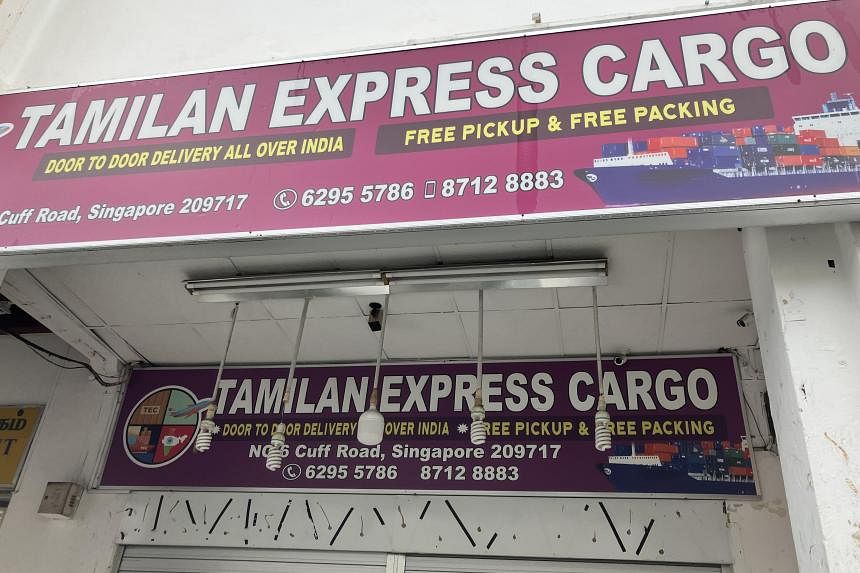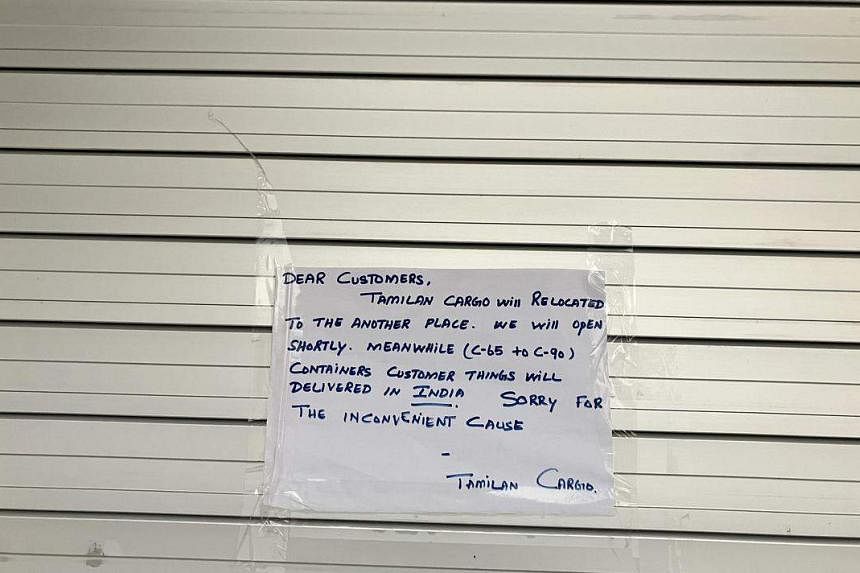What getting booted off a S’pore airline reveals about managing crises
Airlines can do more to turn a negative experience into a positive one
Ang Qing
The writer and her family were recently kicked off a Scoot flight because the airline had sold too many tickets. ST PHOTO: LIM YAOHUI
JAN 15, 2023
One imagines that buckling your seat belt on the plane marks the start of a holiday.
Last month, I learnt how wrong this assumption was, when my parents and I were kicked off a red-eye flight on budget carrier Scoot because the local airline had sold too many tickets.
Initially, the airline had announced to seated passengers at about 5am that they needed two volunteers to relinquish their seats in exchange for a later flight to the same destination on a cushier airline.
No one on the flight did, and about half an hour after the plane was scheduled to depart, my 60-year-old father was told to leave the aircraft. He had rejected the first offer and $200 of compensation.
Instantly, the incident of a bloodied passenger
being dragged off a United Airlines plane in 2017 for refusing to be bumped off the plane did not feel so remote.
After some resistance, my mother and I followed suit, as we did not want to leave my father behind.
While such experiences are unpleasant and unfortunate, bumping passengers off flights because of overbooking is an unspoken policy in the travel and leisure industry here and abroad.
As recently as September last year, more than 100 passengers were
bumped off Genting Dream amid the resurgence in travel.
In a commentary for Channel News Asia, associate professors at Singapore University of Social Sciences’ School of Business Lau Kong Cheen and Vanessa Liu explained that selling more seats than available allows airlines to maximise profit while accounting for the likelihood of customers not showing up or cancelling their trips last minute.
If overbooking is eliminated, travellers will have to pay higher prices to cover up potential losses arising from no-shows and cancellations, they argued.
On top of this, the option of rescheduling or cancelling a booking could be removed so airlines and cruises can guarantee that each seat will be filled, they added.
While there might be a science to overbooking, telling an irate customer that she has to get off a plane because of business reasons does little to defuse a sour situation, which can and has ended in violence.
In some countries, regulation provides rights for compensation and restitution to customers who encounter these incidents.
In the European Union, passengers who have been denied boarding due to overbooking are entitled to increasing amounts of compensation based on how far their flight is.
For instance, getting bumped off a flight of more than 1,500km within the European Union entitles passengers to €400 (S$570).
No such protection exists in Singapore, which means that customers like me are left to their own devices to negotiate for compensation with little clue of how to go about it, apart from hastily searched-for guidance from other countries.
Consumers Association of Singapore (Case) president Melvin Yong said the consumer watchdog has received a total of six complaints on overbooking in 2022, of which five were related to flights and one to overbooking of a cruise.
Notwithstanding the fact that all cruise passengers affected by overbooking in Singapore have been compensated and the Singapore Tourism Board’s assurance that it will ensure the practice is carried out responsibly by cruise operators, Case will continue to monitor such complaints, said Mr Yong.
Those affected by the issue can approach Case by calling 9795 8397, he added.
The absence of regulation, however, leaves decision-making on compensating customers up to the airlines themselves, which can range from vouchers for another flight with the airline to cash.
This often comes at the customer’s expense, as contesting any decisions made by the airline takes days to resolve. At the time of writing, my complaint has yet to be addressed for at least three weeks.
Ultimately, overbooking also does not bode well for airlines and their reputation in an age when disgruntled customers can easily take to social media to air their grievances.
In the absence of regulation, some consumers have leveraged overbooking to their advantage.
US consumer activist Ralph Nader was initially awarded US$15,010 after suing an airline for kicking him off a flight in 1972. While his victory was later overturned, the US Civil Aeronautics Board then required airlines to post a notice at ticket counters stating that passengers whose reservations could not be accommodated on overbooked flights may be entitled to compensation.
It is therefore in everyone’s interests that staff are ready and able to deal with such crises when their company is at fault.
Staff should be equipped to communicate the crisis and methods for recourse truthfully and clearly.
After getting booted off the plane, my parents and I had to repeatedly press for details about the replacement flight that Scoot had offered.
ST ILLUSTRATION: MANNY FRANCISCO
While relocated to a lounge in the wee hours of the morning, we were left to wait for hours with no details about the alternative flight that Scoot had promised, apart from the timing.
After bouts of questioning, we learnt that the flight dangled as a substitute entailed a transit in Seoul, where we would need to transfer to a different airport via train.
Alternatively, we had to forgo our plans and take the next direct flight scheduled two days later. We eventually opted for the latter, as this option meant that we did not need to make a one-hour drive in darkness to our accommodation in Jeju.
The lack of clarity about our next steps only made us more unhappy, as we were left to our own devices to sort out the mess caused by the airline. While we were discreetly offered $750 in cash by a staff member at the lounge, this did not come with any explanation for how this number was arrived at. Despite the good intentions, this only made us angrier and more suspicious of whether the airline was trying to cover up its mistake.
What could have defused the situation was if the airline had been transparent about how and why the error occurred, and had apologised and provided concrete steps on how it intended to make good the situation.
In fact, if overbooking is a common practice, there should be procedures and policies to make sure overbooked passengers are treated properly, because they too are customers who have booked tickets.
And while the practice may not go away, airlines can work towards winning over such passengers, so people will end up having a good experience with the airline overall despite the delay.










